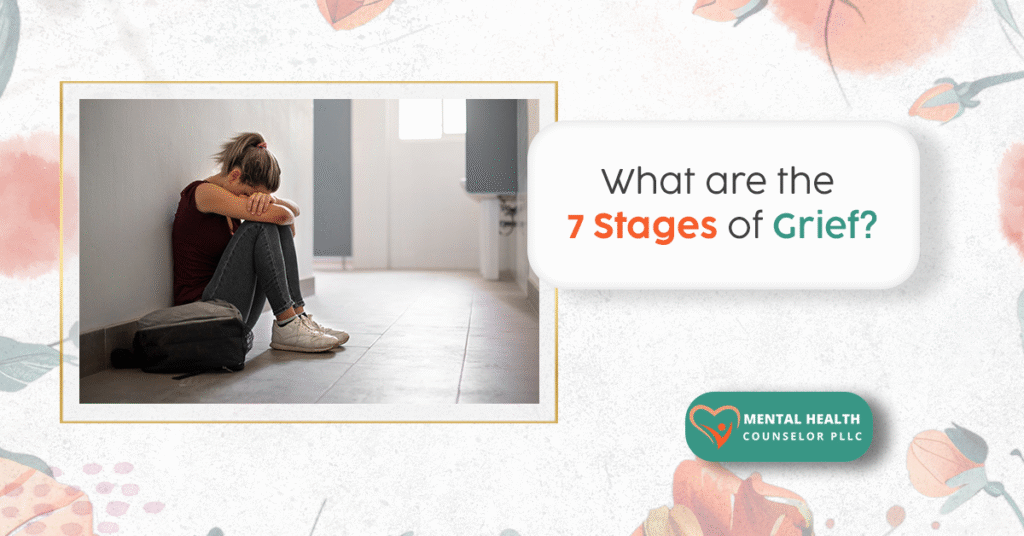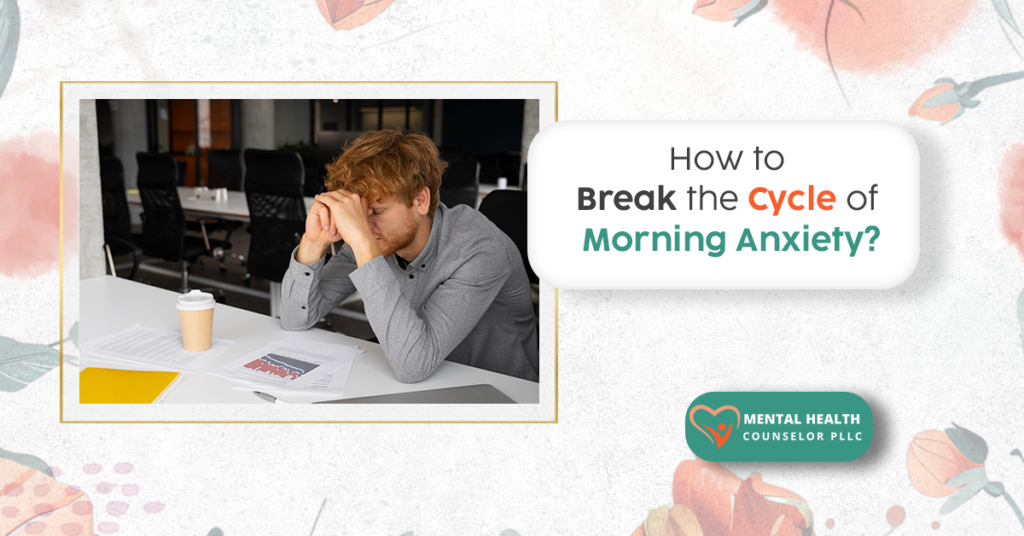What Is the Difference Between Bipolar and Borderline Personality Disorder?
Managing intense emotions is a challenge many people face. Two mental health conditions often associated with emotional highs and lows are bipolar disorder and borderline personality disorder (BPD). While they can appear similar on the surface—especially in terms of mood changes—the underlying causes, patterns, and treatments are quite different.We’ll break down the key differences between bipolar disorder and BPD, explore whether someone can experience both at the same time, and highlight effective therapeutic approaches for each condition.So, how do bipolar disorder and borderline personality disorder differ? Let’s take a closer look. What Is Bipolar Disorder? Bipolar disorder is a type of mood disorder that causes significant changes in emotional states, often lasting for days or even weeks. These shifts can range from extreme highs to deep lows. These mood swings can impact daily functioning, making it difficult to maintain relationships, succeed at work or school, or manage everyday responsibilities. However, with proper treatment and support, many individuals with bipolar disorder learn to regulate their moods and lead fulfilling, stable lives. What Is Borderline Personality Disorder? Borderline Personality Disorder (BPD) is a type of personality disorder that affects how individuals view themselves and relate to others. It’s often marked by intense emotional shifts, unstable relationships, and a deep fear of abandonment. These emotional responses can change quickly and feel overwhelming.Some common signs of BPD include: Living with BPD can feel unpredictable and emotionally draining. But with the right therapeutic approach and support system, many individuals develop greater emotional resilience, improve self-awareness, and cultivate healthier relationships. Key Differences between the Two Although bipolar disorder and borderline personality disorder (BPD) may appear similar at first—particularly due to emotional shifts and relationship challenges—they are distinct in several important ways: 1. Mood Pattern and Duration 2. What Triggers Mood Swings 3. Sense of Identity 4. Impulsivity 5. Thought Patterns Understanding these differences is crucial in choosing the right therapeutic approach. At Mental Health Counselor PLLC, we offer compassionate, evidence-based care tailored to your unique needs. Whether you’re coping with bipolar disorder, BPD, or a combination of both, our team is here to support your journey toward balance and emotional well-being. Can You Have Both? A common question is whether a person can be diagnosed with both bipolar disorder and borderline personality disorder—and the answer is yes. Some individuals meet the criteria for both conditions, which can make emotional regulation and daily life more complex.In these cases: It can take time to untangle which symptoms are linked to which disorder. However, with a thoughtful, individualized treatment plan, many people begin to feel more resilient and in control of their emotional lives. Therapy for Bipolar Disorder Psychotherapy plays a key role in managing bipolar disorder, guiding individuals recognize mood changes early and develop effective coping strategies. Several evidence-based approaches are commonly used: These therapies often include practical tools like mood tracking, relaxation techniques, and establishing consistent sleep routines—all of which are essential for maintaining emotional balance. Therapy for Borderline Personality Disorder Treatment for borderline personality disorder (BPD) focuses on managing intense emotions, improving self-awareness, and building healthier, more stable relationships. Several specialized therapies have been shown to be especially effective: These therapies aim to reduce emotional intensity, build emotional resilience, and support the development of more trusting and stable relationships. Integrated Care When Both Disorders Are Present When a person experiences both bipolar disorder and borderline personality disorder (BPD) traits, a coordinated and integrated treatment plan offers the best results. A combined approach addresses both long-term mood patterns and moment-to-moment emotional reactions.An effective integrated care plan may include: Collaborating with a unified care team—or closely coordinated providers—ensures that treatment remains consistent, focused, and supportive. This approach minimizes confusion and empowers clients to stay engaged in their progress. Building a Support Network Managing mood shifts or relationship challenges can sometimes feel isolating—but you don’t have to face it alone. Having a reliable support system can offer both comfort and practical guidance during difficult times.Here are key parts of a healthy support network: Having a community that listens, understands, and respects your journey can make a powerful difference in feeling safe, grounded, and accepted. Self-Care and Daily Habits In addition to therapy, everyday habits play a vital role in supporting emotional stability and overall well-being. Small, consistent choices can reinforce the skills learned in treatment and make challenging days more manageable.Consider incorporating these practices into your routine: These habits not only support emotional balance but also strengthen your ability to apply therapeutic tools in daily life When to Seek Support If you experience any of the following signs, it may be time to reach out for professional assistance: A mental health professional can assess your situation and recommend the right combination of therapies to support your well-being. Conclusion Understanding the differences between bipolar disorder and borderline personality disorder (BPD) is key to receiving the right support. Bipolar disorder is characterized by distinct mood episodes, while BPD involves rapid emotional shifts often triggered by relationships. Can both conditions occur together? Yes, and when they do, a comprehensive treatment plan is essential.Effective therapies like CBT, DBT, MBT, and family-focused approaches are proven to support those managing both disorders. With the right treatment and self-care strategies, individuals can lead stable, fulfilling lives. If you or a loved one is struggling, seeking the guidance of a mental health professional is an important step toward stability and well-being. FAQs Q. How does therapy support these disorders?Therapy enables you to gain insight into your emotions, develop healthier ways to express them, and learn techniques to find calm during times of distress. Q. What are the common signs of bipolar disorder?During manic or “high” episodes, you may experience elevated energy, rapid speech, and a reduced need for sleep. In depressive or “low” episodes, feelings of sadness, exhaustion, and emotional numbness are common.
What Is the Difference Between Bipolar and Borderline Personality Disorder? Read More »










